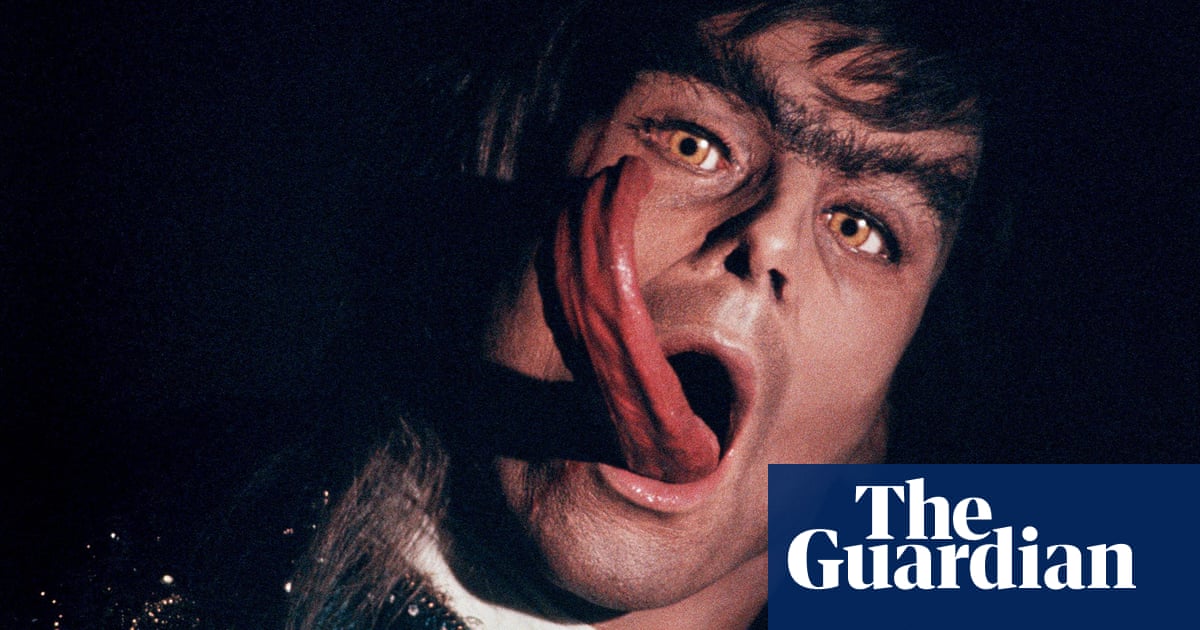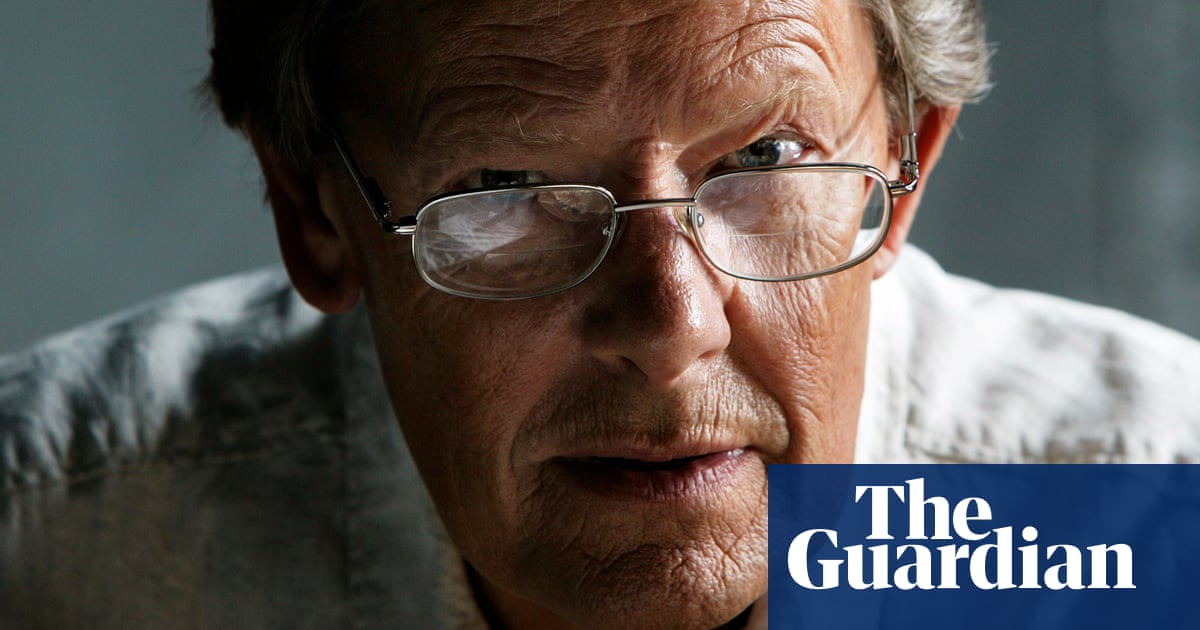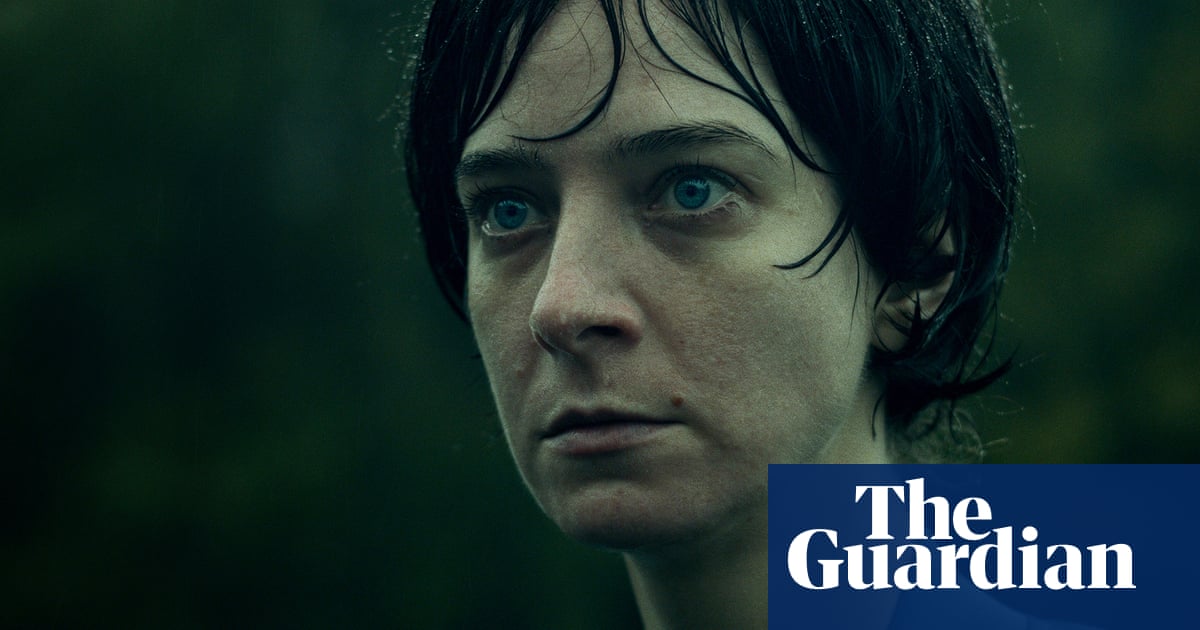
When you work for a grassroots organisation with people who have experienced poverty, homelessness and substance abuse, it can be a long and tiring battle trying to get people to take your work seriously. We have no university stamp to validate our expertise and no clever head of marketing to ensure our work is well publicised. What we do have is the trust and faith of communities who know that we are here for the long term, and don’t just want to claim their stories to make a quick buck.
I work for a project called The Elephants Trail, based in Bury and Rochdale, which creates spaces for local people to explore issues around disadvantage, and to produce solutions to these problems with agencies and professionals. Too often, people with criminal convictions, a history of substance abuse and enduring mental health issues have no opportunity to talk about issues that affect them, in the media or in public life in general. The Elephants Trail sought to change this.
Last year, we started working with the film-maker John Domokos and the Guardian. Together, a community reporting team of local people from The Elephants Trail and video journalists at the Guardian created Made in Bury, a film that draws on diverse local voices to explore issues such as insecurity, poverty and inequality, and examines how local people are organising to tackle and prevent these problems. I liken our relationship with Domokos to producing a song. Imagine you had the idea for a hit record inside your head, but it just wasn’t polished enough. The lyrics needed a bit of work, you lacked decent instruments and access to a recording studio. In an ideal world, someone from the industry would teach you this stuff, and together you’d turn the song into a hit record.
Together, each member of our community reporting team had a part of the film-making process they wanted to master, whether that be editing, filming or presenting. We were able to practise these skills through making this film. Throughout the process I was anxious about whether what we were doing was polished or sexy enough, whether it would appeal to people enough to “sell papers” (though perhaps that’s now an outdated concept), or get hits on YouTube. Of course, working in a completely equal partnership would have required Domokos to stick around for several years to teach us to master all aspects of the filming and editing. He can’t do this because he has his own pressures and deadlines. If the government really want to “level up”, this kind of long-term support needs to be in place for projects such as ours.
The romantic side of me wants to believe that The Elephants Trail is on the verge of releasing its own hit records. I tell myself that a smartphone, a basic video editing app and the knowledge of how to create a YouTube channel are the modern equivalent of learning how to play three guitar chords in the punk era. But the realist in me wonders whether there is a large enough YouTube audience out there for self-taught, independent documentary makers. I’ve been asking myself: can we ever go beyond preaching to the converted?
I sincerely hope that we’re on the cusp of leaving behind an old, paternalistic media where a select few get to decide “what the story is”, and reaching a position where communities reclaim their stories and tell them in a way that feels true to them. I see community reporting as a chance to rebuild and restore trust with the media, which has been damaged or lost through exploitative programmes such as Benefits Street. But how many media outlets are willing to put ethics and the authentic voices of communities ahead of commissioning priorities and ratings?
All too often, the people we work with are only there to represent a problem that needs to be fixed or reported on. Whether the person asking them questions is a film-maker, university researcher or public sector worker, they usually get to hold all the power over how our stories are told. We’ve seen many big London-based organisations curate the stories of local people through films or consultancy projects. The shiny products they produce look great, but the financial resources allocated for this work rarely stay in places such as Bury and Rochdale.
It’s rare that we get to share in the skills or economic benefits gained through doing this work. People Bury, Rochdale and elsewhere should be delivering projects themselves, generating social value for each film that gets made or report that gets commissioned. But the timescales that funders work towards don’t often make this possible.
We are working to change this through The Elephants Trail. In Made in Bury, we aimed to restore an equal balance of power by making filming and editing decisions together. Ensuring that everyone felt equally valued and included throughout the process was no easy feat, given our different life and career experiences. But investing the time to build trusting relationships and working through any tensions is essential if we’re to create spaces where people can fully participate.
We are a small team trying to change the nature of the relationships local people have with the media, local authorities and public services. It can be overwhelming – and we need the support of funders and media outlets. It’s time that the media changed their approach to people with experience of severe disadvantage and shared resources and control with them, rather than simply reporting on them. I’d like to see people who are interviewed in documentaries or films become participants in the creative process, rather than passive subjects. This will require an investment of both time and money to fund and develop the work of citizen journalists who are rooted in their communities.
Matthew Kidd is the founder and director of Creative Inclusion, which finds ways to include people who have faced severe disadvantage in policy decisions which affect them












